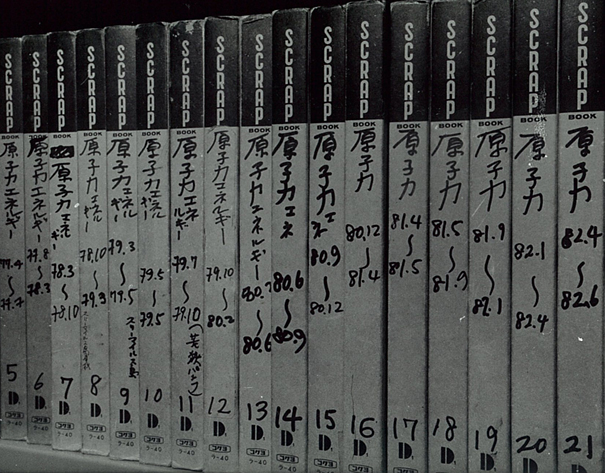Documentary filmmaker. Born 1928 in Gifu Prefecture (Japan).
Moved to Tokyo during elementary school years and subsequently based in Tokyo. Joined Iwanami Productions in 1956, making documentary movies. Went freelance in 1957, and made his directing debut in 1963 with "Aru Kikanjoshi" (An Engineer's Assistant). This was originally devised as a promotional film for Japan National Railways, but Tsuchimoto caused a sensation by including scenes depicting the harsh work environment of the men running the steam trains. Tsuchimoto first went to Minamata, Kumamoto in 1965 to research a television program about the disease named after the town and caused by mercury pollution in locally caught fish. After that he frequently spent time in Minamata and in 1971 released "Minamata Kanja-san to Sono Sekai" (The Victims of Minamata and their World). This became a life-long labor for him as he continued to follow events in Minamata, and made a total of 14 films on the subject. He was also early to express concern about the nuclear generation of electricity and carefully tracked and recorded newspaper coverage in order to make a documentary about the nuclear plants he was not allowed to visit himself. From this he created his unique work on the issue, "Genpatsu Kirinukicho" (Nuclear Power Scrapbook), released in 1982. Died in 2008.

|
TSUCHIMOTO Noriaki Tuchimoto Noriaki's Nuclear Scrapbook 1982 © Seirinsya |






